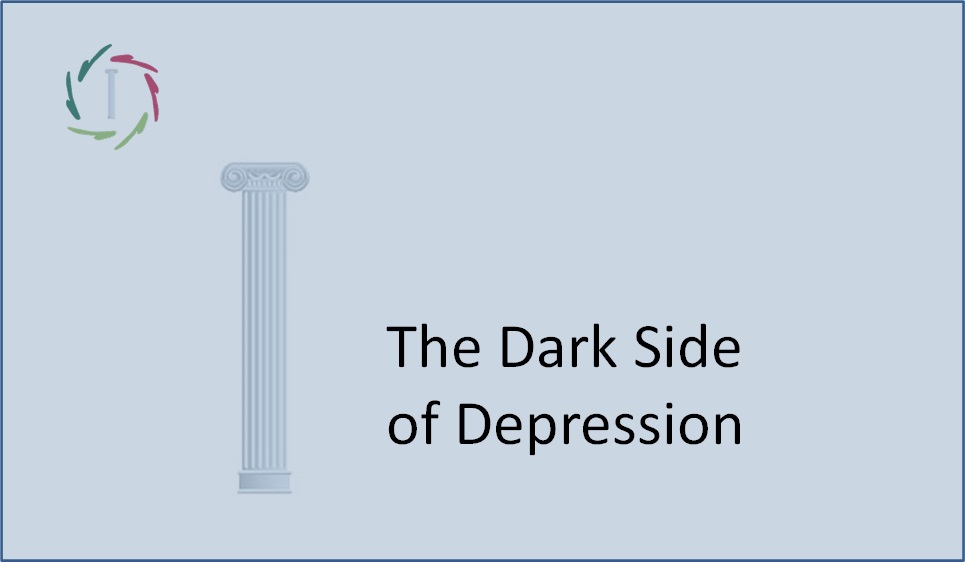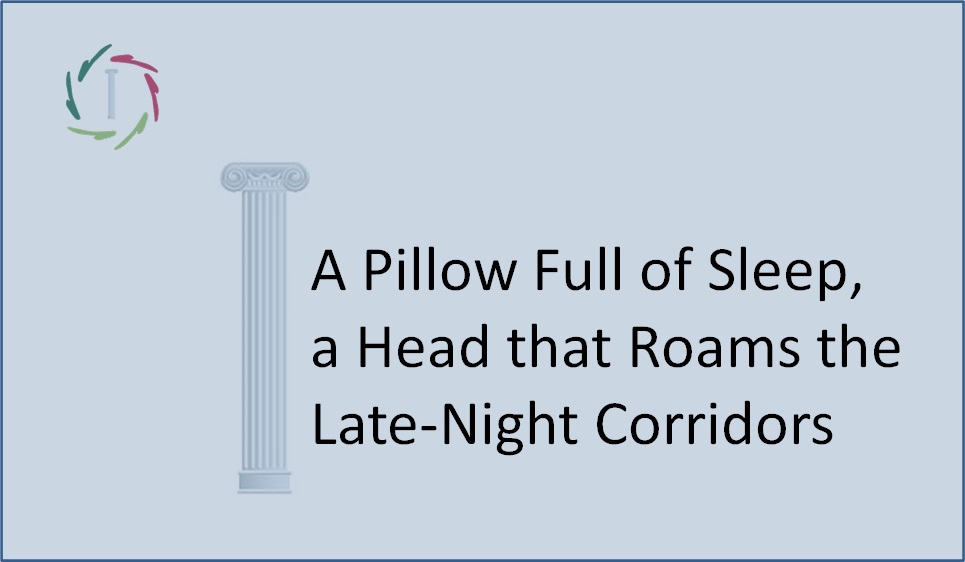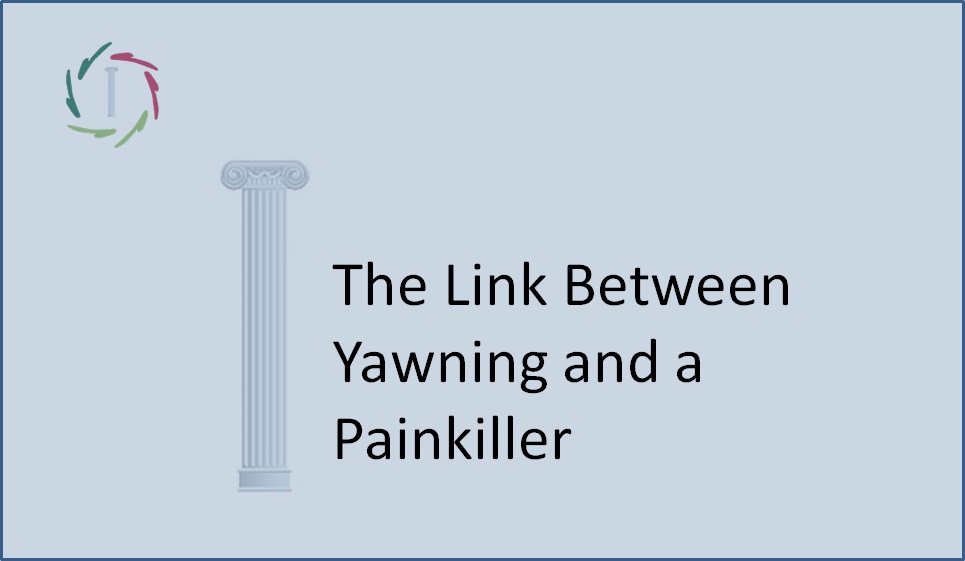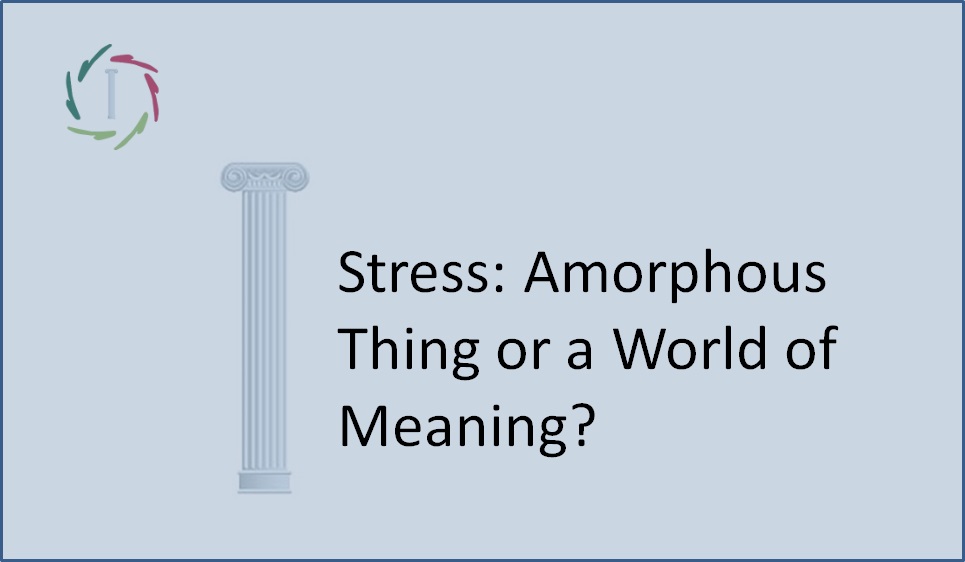44. The Dark Side of Depression

An internal dissociation between consciousness and the non-conscious may be hidden in depression.
Is it just the brain that’s depressed, or is it the total person?
It is not that depression has nothing to do with hormones and neurotransmitters and the like, but does it make sense to talk about a ‘depressed brain’? This also applies to brains that see, that feel chronic pain, etc. Depression, vision, and pain match the psychological level in the description of a total person.
So, in my opinion, only I can be depressed, not just my brain.
If something goes wrong with my brain, I can become depressed as a result. And even then, it is still I myself who become depressed.
Even if my brain has typical characteristics of depression, I don’t necessarily have to feel depressed nor manic. Maybe I feel happy.
A ‘depressed brain’ can be a challenge. If we go into this appropriately, it is going in the right direction. If we don’t, it’s going to end entirely differently. Astonishingly, this idea is almost nowhere to be found.
It’s like the other side of the moon. Everyone can see the moon, but no one sees her other side
Does it necessarily have to be a dark side? Of course not. It depends on the position of the sun. During a depression, we only see the dark side, but who says that the other side is not always shone upon by the sun?
Beginning in beauty
It is not entirely clear what is the essential distinction between depressive feelings, which we have all experienced before, and depression that we refer to as illness with a diagnosis, treatment, etc.
Perhaps you can compare it to distinguishing between fear and fright. One is recognizable to everyone, a logical response to external circumstances. The other cannot be recognized just like that because it has to do with deeper meanings. What means nothing to one symbolizes the end of the world for another.
Depressive feelings are expected in certain circumstances.
Someone with depression suffers at a deeper level.
When you go deeper into how a depressed person usually describes his depression, it even seems that it is about suffering from the absence of (contact with) the deeper level.
Listen to the patient: “nothing has value, purpose, everything is hopeless, etc.” These are all feelings that come from deep within. Someone who is depressed feels completely helpless (there is no support from within). Everything is black (no brightness from within).
That doesn’t mean that depression starts this way.
It may sound strange, but maybe depression starts with something beautiful, with a fundamentally beautiful challenge. Namely: being even more oneself, being closer to what comes from deep within, being a poetic being more than one was before, being an artist with oneself as the object of art, a flower that emerges from the bud easy as pie.
In our culture, none of this is evident. As a result, we sometimes resist this challenge, and an aggressive fight emerges.
The flower cannot show itself because the bud obstinately refuses to open.
What started as a beautiful challenge ends as an ever-increasing tension. As a result, one suffers from that tension and from not realizing oneself ― with or without serotonin.
The ‘d’ factor of depression
And then we end up with the dark side of depression. The side we see if we don’t get into the challenge. The side with many symptoms, with chronic functional pain, for example, which we call a ‘hidden depression.’
Is the latter justified? Isn’t it possible to see something else ‘hidden’ behind both depression and pain and the many other psycho-somatic symptoms? The other may, as mentioned, be the absence of (contact with) the deeper level. In other words,
An internal dissociation between consciousness and the non-conscious.
Hence: the ‘d-factor’ of depression.
This d-factor is not to be seen as an amorphous thing that one can grasp by assigning a simple score. It’s a diverse happening. On the other side of the moon, there are also many hills and valleys. It may be interesting to explore this landscape, as long as we don’t make the psychoanalytic mistake of digging again. The dark side of depression is not served by digging. It requires natural enlightenment, deep attention, empathy.
Sunshine (also from within) eventually comes naturally, and it illuminates the moon.
That is, if the world doesn’t get in the way.


